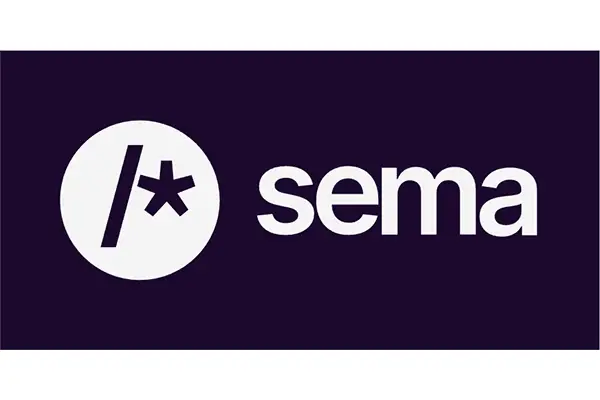Count on Kruze Consulting for VC Due Diligence
Are you a VC-backed startup gearing up for your next funding round?
Don’t let financial due diligence catch you off guard.
Kruze Consulting, an accounting firm for VC-funded startups, will ensure you’re ready to impress investors with rock-solid financials and comprehensive due diligence materials.

With Kruze Consulting, you’re not just getting an accounting firm – you’re gaining a partner who understands the unique challenges of VC-backed startups. Our clients have raised over $15 billion in venture funding, with nearly $3 billion in the past year alone! Let us help you navigate your next funding round with confidence.
Why You Can Rely on Kruze for Due Diligence
Experienced In-House Team
Kruze Consulting relies on over 150 experienced professionals, including CPAs, controllers, and CFOs. A CPA firm dedicated exclusively to venture-backed startups, Kruze’s financial professionals have extensive experience in startup transactions, including acquisitions by public companies.
Investor-Ready Financials
Our expert team prepares your books to withstand the scrutiny of even the most thorough VCs, increasing your chances of securing funding.
Time-Saving Expertise
We handle the complex financial preparations, allowing you to focus on what you do best - growing your business.
Valuation Protection
We help safeguard your company’s valuation during the due diligence process with meticulous financial statements.
Contact Us for a Free Consultation
Kruze Consulting specializes in startup accounting, relying on experienced accounting, tax, and finance professionals, using best-in-breed financial tools and systems.
What Due Diligence Support Does Kruze Offer?
Document Preparation
We compile and organize all necessary financial documents, from income statements to cap tables, in a digital data room ready for investor review.
Financial Statement Analysis
Our team provides a detailed analysis of your financials, highlighting key metrics and trends that matter to VCs.
Strategic Financial Advice
Leverage our experience with hundreds of funded startups to navigate complex financial decisions and optimize your runway.
Case Study
Sema Technologies
Sema Technologies partnered with Kruze Consulting for expert startup accounting, tax services, financial modeling, and accounts receivable management.


"We took on investment from some world-class venture capitalists, and that demands a world-class level of accounting expertise. Kruze was able to provide that in a way that was accessible to an early-stage startup."
Case Study
Cinder Technologies
Cinder Technologies partnered with Kruze Consulting to claim significant R&D tax credits, resulting in substantial savings for their growing startup.


"There’s a real value to knowing I have Kruze in my corner. I have a lot of confidence in our books. If we were fundraising and someone wanted to audit our books tomorrow, I’d say great, go for it."
Frequently Asked Questions
It’s never too early. Even pre-seed startups should maintain organized financials, but the importance of due diligence preparation increases significantly with each round of funding.
Key documents include income statements, balance sheets, cash flow statements, financial projections, and detailed cap tables. The specific requirements may vary based on your funding stage, and you can review and download our due diligence checklists.
The duration can vary, but being well-prepared with Kruze can significantly expedite the process, potentially reducing it to just a few weeks.
Absolutely. We assist with M&A financial due diligence including areas like revenue recognition, cash flow analysis, debt and capital structure, and tax positions and liabilities.
Latest from Venture Capital & Fundraising
We share expert insights and actionable strategies to help startups navigate fundraising rounds, attract top investors, and leverage smart financials to accelerate growth and innovation.











